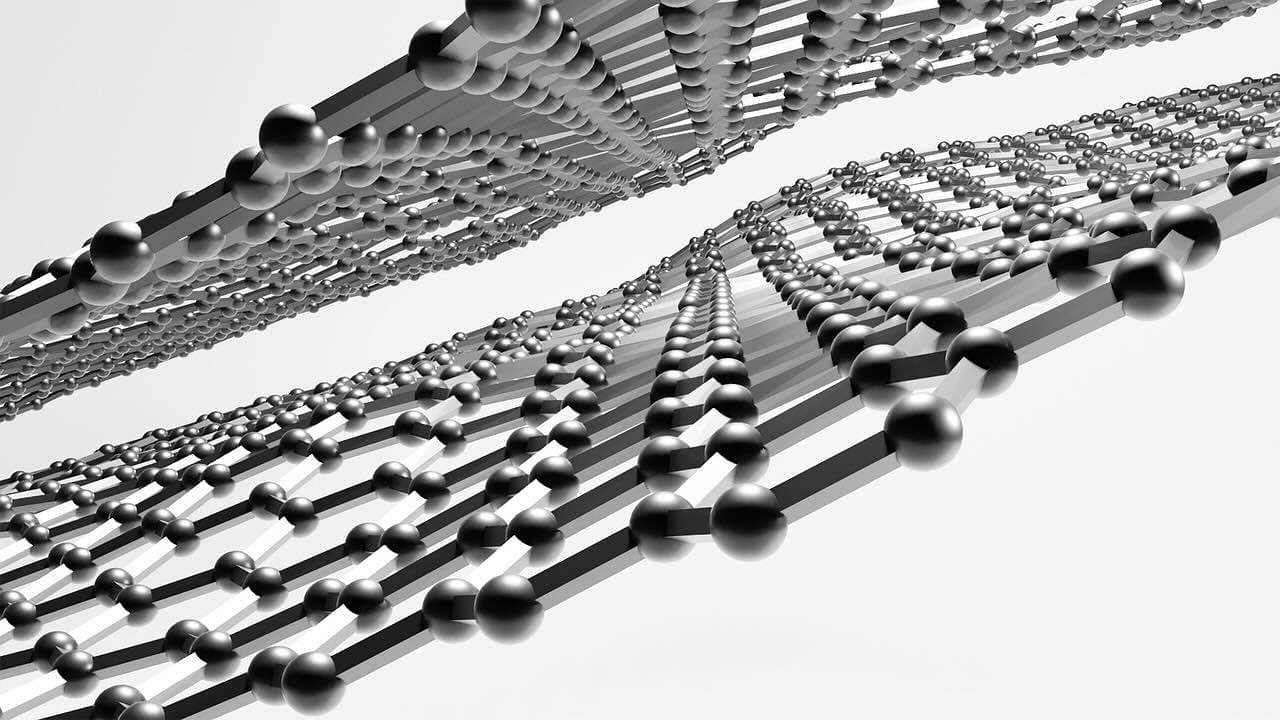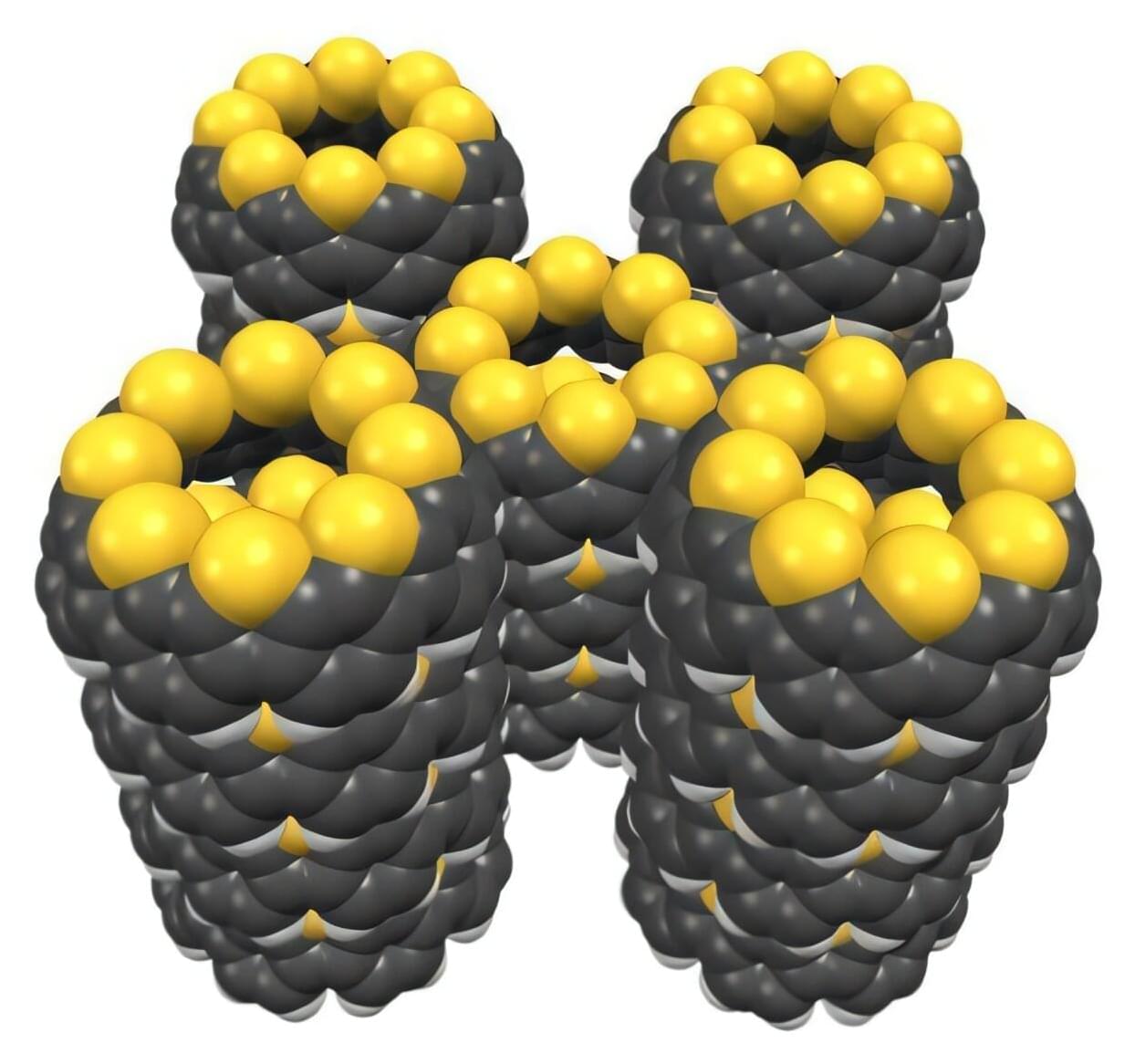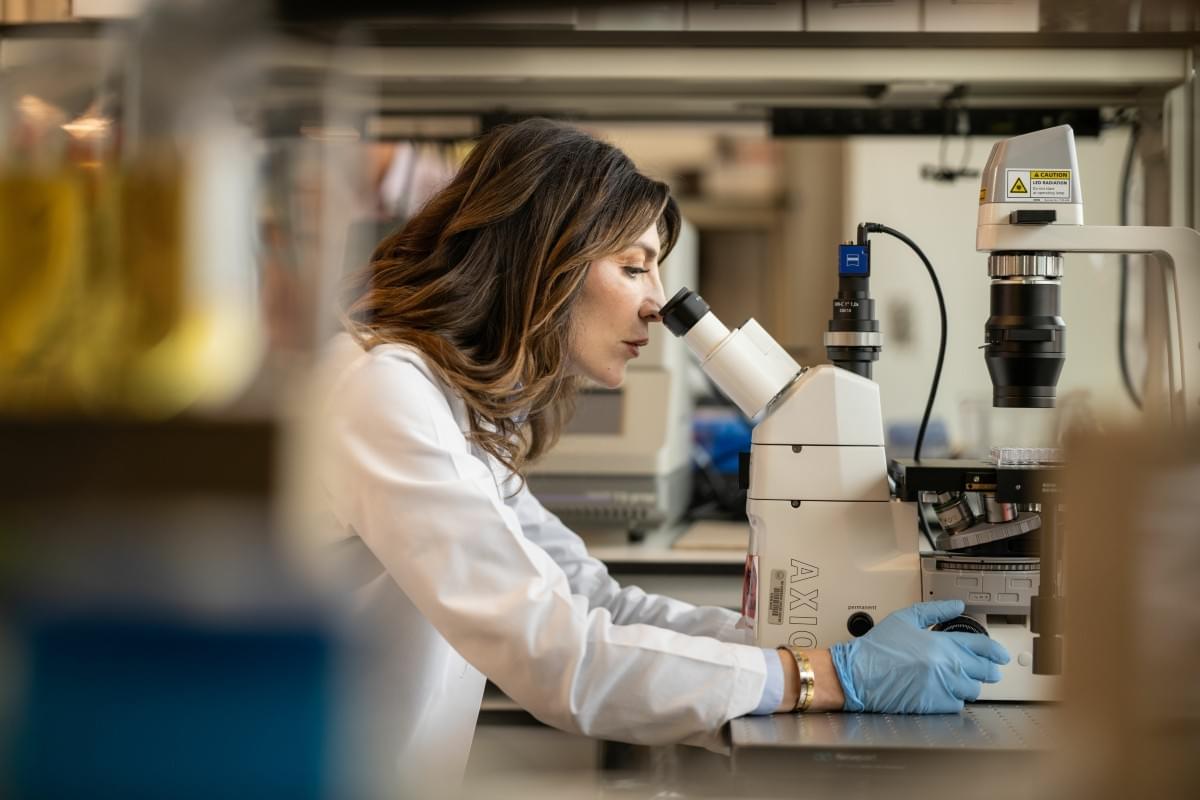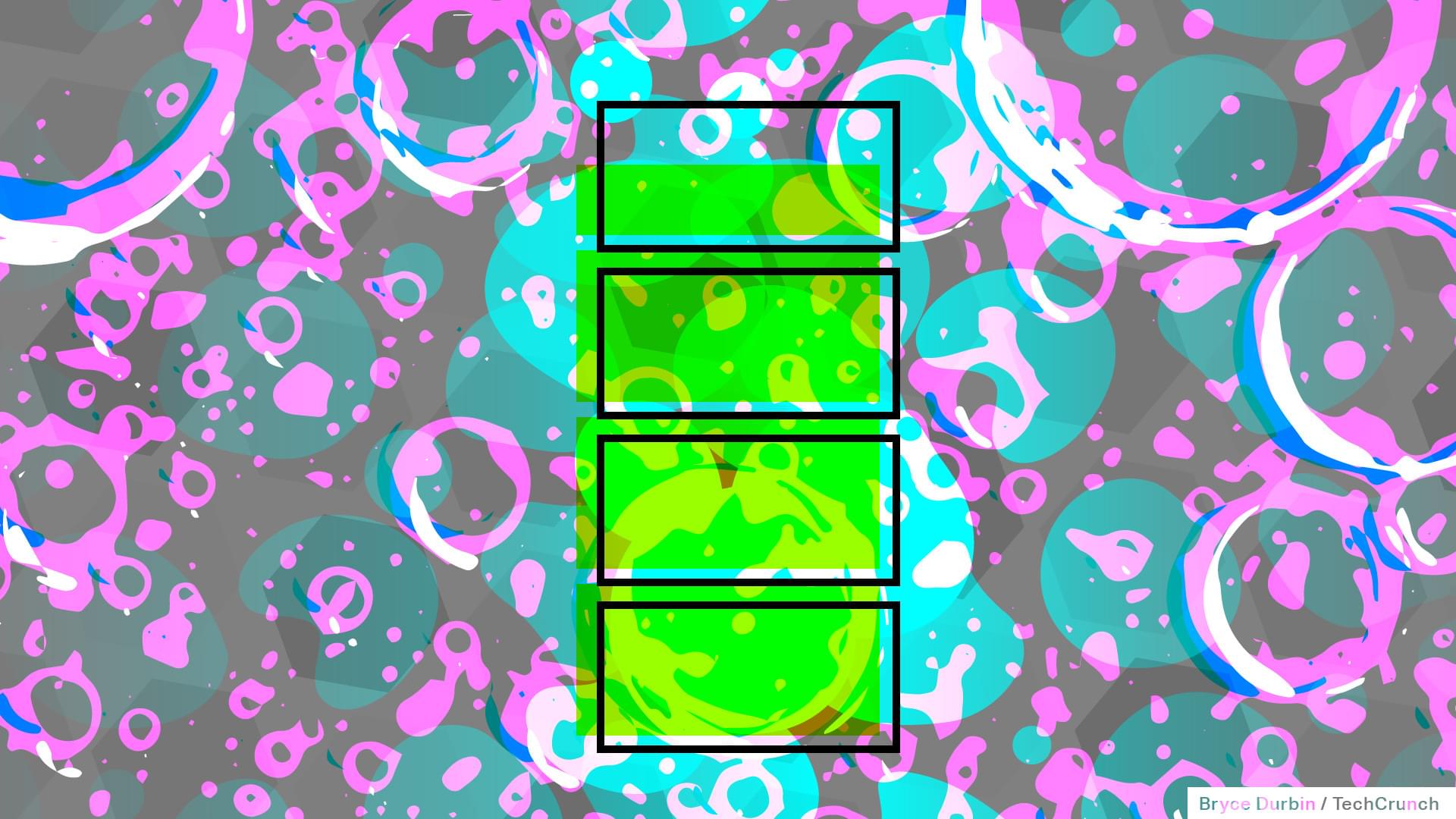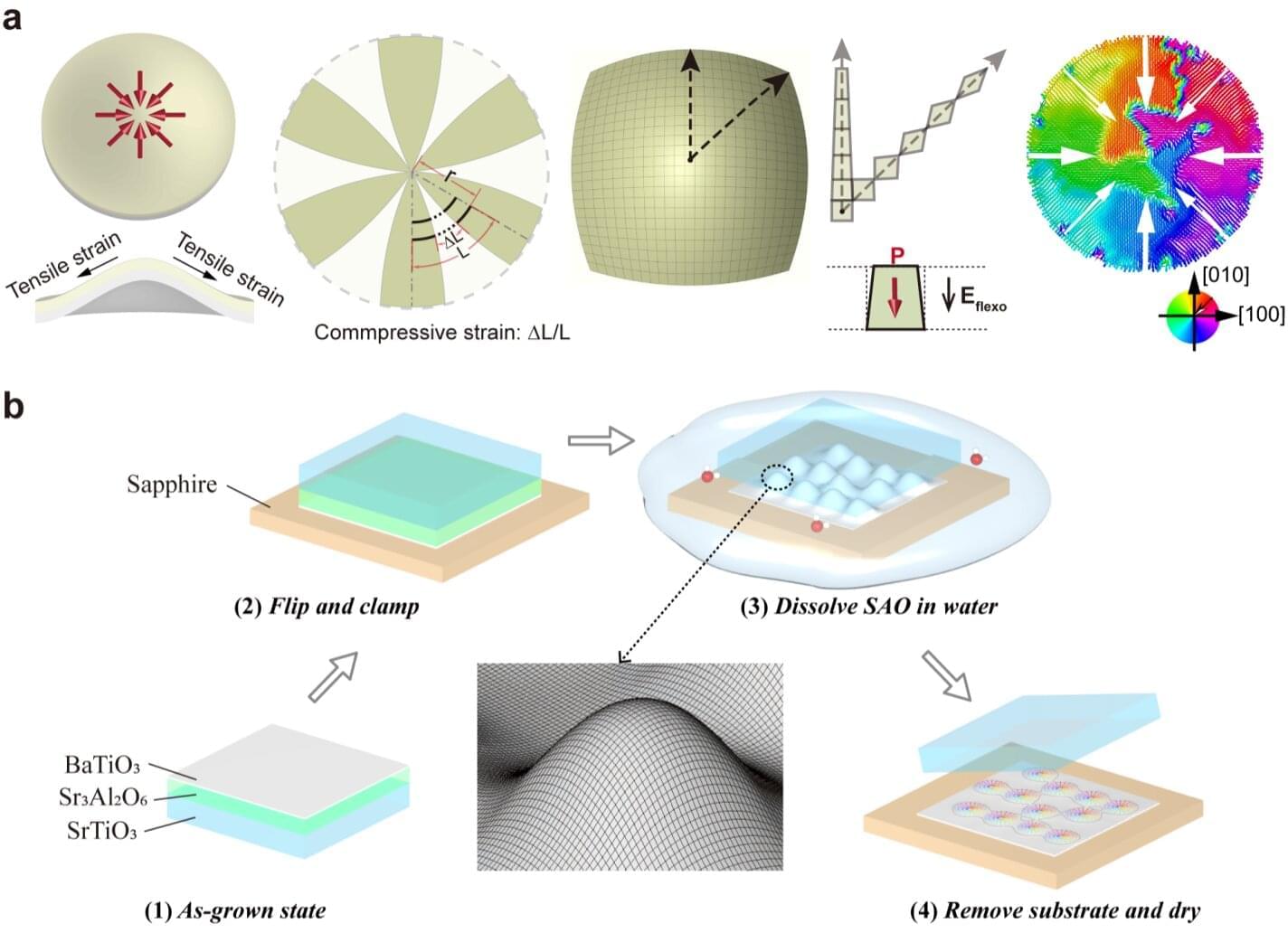In an experiment reminiscent of the Transformers movie franchise, engineers at Princeton University have created a type of material that can expand, assume new shapes, move and follow electromagnetic commands like a remotely controlled robot even though it lacks any motor or internal gears.
“You can transform between a material and a robot, and it is controllable with an external magnetic field,” said researcher Glaucio Paulino, the Margareta Engman Augustine Professor of Engineering at Princeton.
In an article published April 23 in the journal Nature, the researchers describe how they drew inspiration from the folding art of origami to create a structure that blurs the lines between robotics and materials. The invention is a metamaterial, which is a material engineered to feature new and unusual properties that depend on the material’s physical structure rather than its chemical composition. In this case, the researchers built their metamaterial using a combination of simple plastics and custom-made magnetic composites. Using a magnetic field, the researchers changed the metamaterial’s structure, causing it to expand, move and deform in different directions, all remotely without touching the metamaterial.


